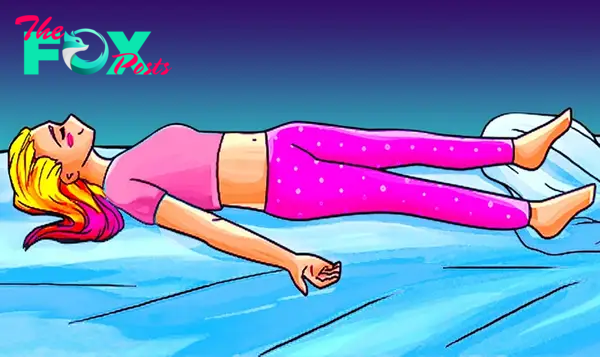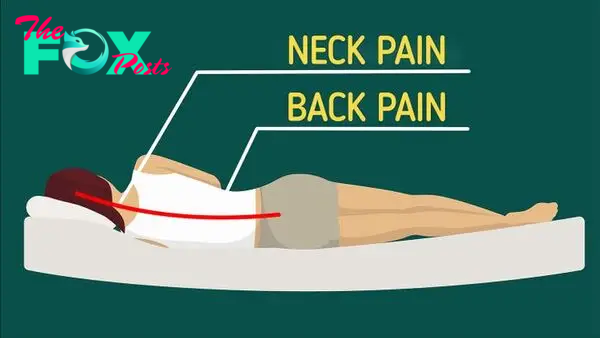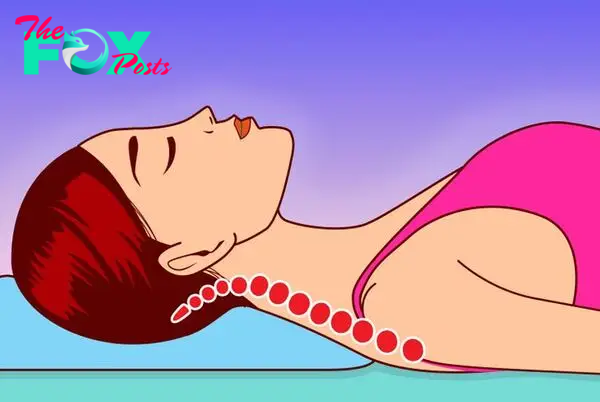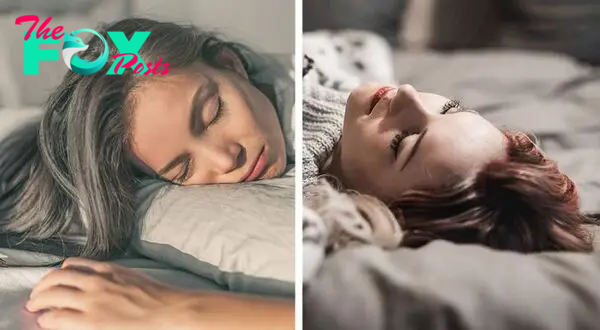Lifestyle
A Husband Asks His Wife

Reading jokes offers numerous benefits for both mental and emotional Health.
Firstly, it stimulates the brain by enhancing cognitive functions such as memory and comprehension through the processing of punchlines and context.
Jokes often involve wordplay or unexpected connections that can improve mental flexibility and creativity.
Additionally, laughter, as a direct result of reading jokes, releases endorphins, the body’s natural feel-good chemicals, promoting an overall sense of well-being and temporarily relieving pain.
It reduces stress levels by lowering stress hormones and easing tension in the body.
Engaging with humor also fosters social interaction and bonding when shared, enhancing relationships and communication skills.
Moreover, it can provide a new perspective on difficult situations, acting as a coping mechanism during tough times.
This, reading jokes is not only a source of Entertainment but also a beneficial activity for psychological resilience and social Health.
Check the joke below: A husband asks his wife: “Will you marry after I die?” The wife responds: “No, I will live with my sister.”
The wife asks him back: “Will you marry after I die?” The husband responds: “No, I will also live with your sister.”
So in this joke, in a lighthearted exchange filled with underlying affection and humor, a husband and wife contemplate their lives after the other’s passing.
The wife initially declares she wouldn’t remarry, choosing instead to live with her sister for companionship.
The husband’s witty response mirrors hers, jokingly saying he too would live with her sister, injecting a playful twist into their conversation.
This banter highlights their comfortable and teasing relationship, showcasing a deep bond where even a discussion about such a somber topic can be approached with humor.
Their dialogue reaffirms their commitment and the unique understanding they share, wrapped in light-hearted love.
What Might Happen to Your Body If You Start Sleeping Without a Pillow
The first pillows we know of date back to Ancient Mesopotamia. They were made of stone, and only wealthy people could afford them. Unlike ancient stone pillows, the ones we use today are soft and fluffy, and many people can’t sleep without hugging a big cozy pillow. But in fact, sleeping with a pillow may not be the best way to rest, as it can affect your body and your mood.
We at Bright Side understand that it can be difficult to part with your favorite pillow, but sleeping without it has many Health benefits, and we did our research to introduce you to some of them.
1. It prevents back pain.

Many pillows can lead to an unnatural sleeping position and the support they provide doesn’t last long. Although the pillow itself won’t cause your back to hurt, it can worsen many of the underlying symptoms. When you sleep without a pillow, your spine can rest and your body is in its natural position.
2. It helps you to deal with neck pain.

Most pillows can’t help you sleep in the right position, and can even make sleeping postures worse. Bending your neck in any way for a long time will make you uncomfortable, and pillows that are too firm or too soft may lead to neck pain.
3. It combats headaches.

If you’re waking up with a headache or feeling light-headed, your pillow might be to blame. Pillows that are too high cause your head and neck to round forward, and they add more tension to the neck muscles. This might give you a headache in the morning once you’ve gotten out of bed.
4. It may alleviate stress.

If your pillow makes you uncomfortable at night, you might end up tossing and turning in your sleep. The more sleep disturbances you have, the less time your body has for many important functions that occur during sleep. Constant sleep deprivation can affect your mood and thinking skills, and will cause your body to release more stress hormones during the day.
5. It prevents facial acne.

Your skin will thank you for getting rid of your pillow. Your face is normally pressed on your pillow for most of the time during the night. You probably don’t wash your pillowcase every day, and it collects dirt, oil, and household dust on it. All of this can lead to breakouts, iNFLaMMAtion, and premature wrinkles.
6. It may be good for your hair.

If you’re waking up in the morning with dry and tangled hair, you might want to forgo your pillow for the sake of your locks. When you’re tossing and turning at night, your hair is rubbing against your pillowcase, causing it to break. Pillowcases can also absorb the oils from your hair, leaving it dry and brittle.
Disclaimer: Please remember that this article serves for informational purposes only. In order to get professional advice and a diagnosis, please see your doctor.
Do you sleep with or without a pillow? Have you noticed how it affects you?
-

 Lifestyle11m ago
Lifestyle11m agoArnault Family: Get to Know the Billionaire Heirs of Bernard Arnault and Their Top Positions at LVMH
-

 Lifestyle42m ago
Lifestyle42m agoGazans turn to pottery amid shortages | The Express Tribune
-

 Lifestyle42m ago
Lifestyle42m agoBlasts at rapper Badshah's club tied to Bishnoi gang | The Express Tribune
-

 Lifestyle5h ago
Lifestyle5h agoGladiator II' makes $106M in global box office | The Express Tribune
-

 Lifestyle5h ago
Lifestyle5h agoA journey through the kitchen | The Express Tribune
-

 Lifestyle9h ago
Lifestyle9h agoHow We Chose TIME’s 2024 Kid of the Year
-

 Lifestyle9h ago
Lifestyle9h agoF1 NEWS: Hamilton Shows NO MERCY Towards Mercedes & Wolff After SABOTAGED Las Vegas GP!.cau
-

 Lifestyle11h ago
Lifestyle11h agoJin steps out of the BTS hive with 'Happy' | The Express Tribune

















